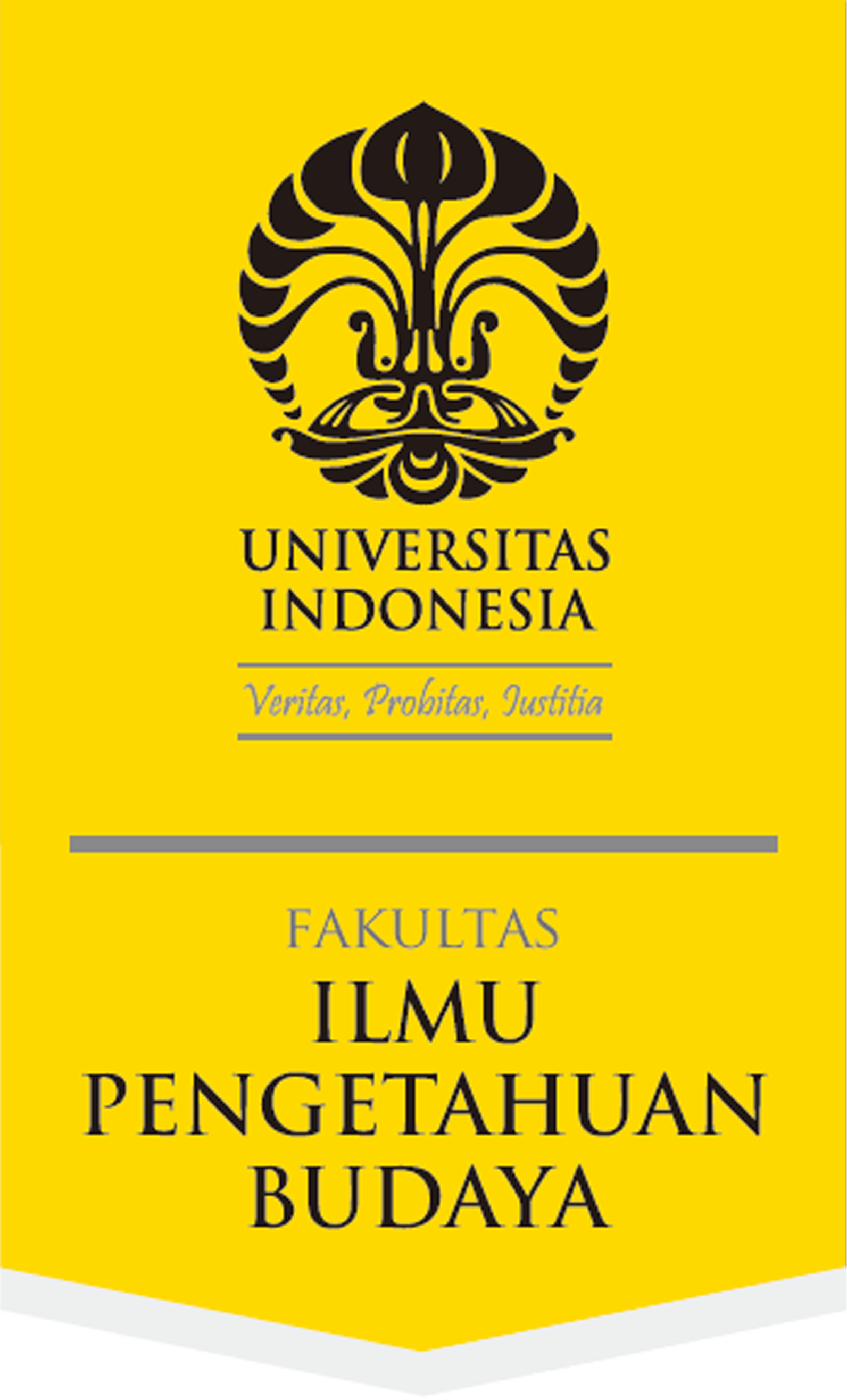Abstract
The action of pai marantau (emigrating) is usually associated with the Minangkabau, the world’s largest matrilineal society, and one of the most fervently Islamic societies in Indonesia – the country with the largest Muslim population in the world. Once, it was mainly men who migrated, but more recently, women have also been emigrating. One consequence of emigrating from the matrilineal heartland in West Sumatra is that women lose some of the privileges conferred by the matrilineal adat, especially those pertaining to inheritance. Using qualitative fieldwork methods and Kandiyoti’s theory of the patriarchal bargain (1988), this paper explores how these women reconstitute matriliny in the contemporary rantau – in the multi-cultural society of the mega-city of Jabodetabek – by modifying it, and negotiating the terms of patriarchal norms. By exploring the mother-daughter relationships of emigrant Minangkabau women, the conclusion is that they have successfully exercised their agency, adapting to social changes, and regaining their power by using modified matriliny, and taking advantage of patriarchal norms.
References
Benda-Beckmann, Franz von and Kebeet von Benda-Beckmann. 2013. Political and legal transformations of an Indonesian polity; The nagari from colonisation to decentralisation. New York, NY: Cambridge University Press.
Blackwood, Evelyn. 2000. Webs of power; Women, kin, and community in a Sumatran Village. Lanham, MD: Rowman & Littlefield.
Bowen, John R. 2003. Islam, law, and equality in Indonesia; An anthropology of public reasoning. Cambridge: Cambridge University Press.
Burns, Peter. 2007. ”Custom, that is before all law”, in: Jamie S. Davidson and David Henley (eds), The revival of tradition in Indonesia politics; The deployment of adat from colonialism to indigenism, pp. 68-86. London and New York, NY: Routledge
Clammer J. 2002. Diaspora and identity; The sociology of culture in Southeast Asia. Selangor Darul Ehsan, Malaysia: Pelanduk Publication.
Elfira, Mina. 2009. “’Not Muslim, not Minangkabau’; Interreligious marriage and its cultural impact in Minangkabau society”, in: Gavin W. Jones, Chee Heng Leng, and Maznah Mohamad (eds), Muslim-non-Muslim marriage; Political and cultural contestations in Southeast Asia, pp. 161-189. Singapore: ISEAS (Institute of Southeast Asian Studies Singapore)
Elfira, Mina. 2015. The lived experiences of Minangkabau mothers and daughters; Gender relations, Adat and family in Padang, West Sumatra, Indonesia. Germany: Scholar Press.
Elfira, Mina. 2018. “The contribution of Minangkabau women, who established inter-cultural marriages, in creating a new identity of Minangkabau diaspora”, in: Isbandi Rukminto Adi, Rochman Achwan (eds), Competion and cooperation in political and social sciences; Proceedings of the Asia-Pacific Research in Social Sciences and Humanities, Depok, Indonesia, November 7-9, 2016: Topics in social and political sciences, pp. 175-180. Taylor Francis Books. [Retrieved from: https://www.taylorfrancis.com/books/9781351819152.]
Elfira, Mina and Bambang Wibawarta. 2019. “More living with it than in it; The modified functions of Rumah Gadang of West Sumatra, Indonesia”, Global Journal Al-Thaqafah 9/1 (July): 71-78.
Elfira, Mina. 2020. “Gegar budaya perantau dalam sastra lisan Minangkabau Malin Kundang”, Jurnal Pustaka Komunikasi 3(1): 61-73.
Ford, Michele and Lyn Parker. 2008. Women and work in Indonesia. London and New York, NY: Routledge.
Frankenberg, Ruth. 1993. White woman, race matters; The social construction of whiteness. London: Routledge.
Gullick, J.M. 2003. A history of Negeri Sembilan. Selangor: MBRAS.
Hadler, Jeffrey. 2009. Muslims and matriarchs; Cultural resilience in Minangkabau through jihad and colonialism. Singapore: National University of Singapore.
Hamka, 1963. Adat Minangkabau menghadapi revolusi. Djakarta: Tekad.
Jones, Gavin W. (ed.). 1997. Urbanization in large developing countries: China, Indonesia, Brazil, and India. Oxford: Claredon Press.
Josselin de Jong, P.E. de. 1980. Minangkabau and Negeri Sembilan socio-political structure. Den Haag: Martinus Nijhoff.
Kandiyoti, Deniz. 1988. “Bargaining with patriarchy”, Gender and Society 2(3): 274-290. [Special Issue to Honor Jessie Bernard.]
Kanter, Ruth de. 1993. “Becoming a situated daughter: ‘Later, when I am big, I will be Daddy, so then we will also have a father in our house’ – Hanna, four years old”, in: Janneke van Mens-Verhultst, Kaerlein Schreurs, and Liesbeth Woertman (eds), Daughtering and mothering: female subjectivity reanalysed, pp. 26-34. London: Routledge.
Lawler, Steph. 2000. Mothering the self: mothers, daughters, subjects. London and New York, NY: Routledge.
Lopez, Nancy. 2003. Hopeful girls, troubled boys: race and gender disparity in urban education. New York, NY and London: Routledge.
Mansoer, M.D. et al. 1970, Sedjarah Minangkabau. Djakarta: Bhratara.
Mens-Verhults, Janneke van, Karlein Schreurs, and Lisbeth Woertman. 1993. Daughtering and mothering; Female subjectivity reanalysed. London and New York, NY: Routledge.
Nice, Vivien E. 1992. Mothers and daughters: the distortion of a relationship. Houndmills, Basingstoke, Hampshire: Macmillan.
Reinharz, S. 1992. Feminist methods in social research. New York, NY and Oxford: Oxford University Press.
Sanday, Peggy Reeves. 2002. Women at the center: life in a modern matriarchy. Ithaca, NY and London: Cornell University Press.
Subdirektorat Statistik Demografi BPS. 2012. “Kewarganegaraan, Suku Bangsa, Agama, dan Bahasa Sehari-hari Penduduk Indonesia: Hasil Sensus Penduduk 2010”, Katalog BPS 2102032. Jakarta-Indonesia: Biro Pusat Statistik.
Stivens, Maila. 1996. Matriliny and modernity; Sexual politics and social change in rural Malaysia. Sydney: Allen & Unwin.
Tanner, Nancy M. 1974. “Matrifocality in Indonesia and Africa and amongst Black Americans”, in: M. Rosaldo and L. Lamphere (eds), Woman, culture, and society, pp. 129-156. Stanford, CA: Stanford University Press.
Tanner, Nancy M. 1982. “The nuclear family in Minangkabau matriliny; The mirror of disputes”, Bijdragen tot de Taal-, Land- en Volkenkunde 138: 129-151.
Waal, Mike de. 1993. “Teenage daughters on their mothers”, in: Janneke van Mens-Verhultst, Kaerlein Schreurs, and Liesbeth Woertman (eds), Daughtering and mothering; Female subjectivity reanalyzed, pp. 35-43. London: Routledge.
Westenenk, L.C. 1981. De Minangkabausche Nagari. ‘Nagari Minangkabau’, translated by Mahyudin Saleh. Padang: Penerbitan dan Bursa Buku Fakultas Hukum dan Pengetahuan Masyarakat, Universitas Andalas. [Original book published in 1915.]
Recommended Citation
Elfira, Mina
(2023)
"Minangkabau mothers and daughters in contemporary "rantau" society; Regaining power with modified matrilineal principles and patriarchal "rantau" norms,"
Wacana, Journal of the Humanities of Indonesia: Vol. 24:
No.
2, Article 1.
DOI: 10.17510/wacana.v24i2.1170
Available at:
https://scholarhub.ui.ac.id/wacana/vol24/iss2/1










